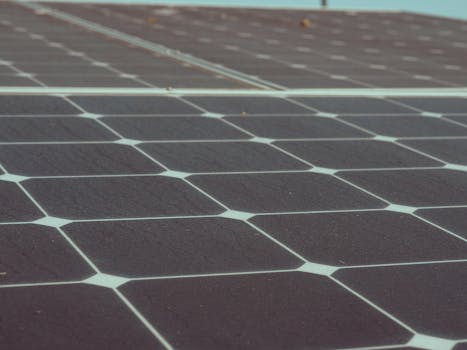
Sustainability and Fiber: How African Companies are Leading the Way
Sustainability and fiber are two concepts that are increasingly intertwined, particularly in the context of African companies. As the world shifts towards a more eco-friendly and environmentally conscious approach, African companies are taking the lead in sustainable fiber production. In this article, we will explore the ways in which African companies are embracing sustainability and fiber, and what this means for the future of the industry.
Sustainability is a critical aspect of any industry, and the fiber industry is no exception. The production of fiber, whether it be for textiles, paper, or other applications, can have a significant impact on the environment. African companies are recognizing the importance of sustainability and are taking steps to reduce their environmental footprint. One way in which they are doing this is by utilizing renewable energy sources, such as solar and wind power, to power their operations. This not only reduces their reliance on fossil fuels but also decreases their greenhouse gas emissions.
The Benefits of Sustainable Fiber Production
Sustainable fiber production has numerous benefits, both for the environment and for the companies themselves. By utilizing eco-friendly production methods, companies can reduce their waste and emissions, which can lead to cost savings and improved efficiency. Additionally, sustainable fiber production can help to improve the quality of the fiber, resulting in a more durable and long-lasting product. This can lead to increased customer satisfaction and loyalty, as well as improved brand reputation.
African companies are also recognizing the importance of sustainability in terms of social responsibility. Many companies are now prioritizing fair labor practices, ensuring that workers are paid a living wage and working in safe conditions. This not only improves the lives of workers but also contributes to a more stable and prosperous community. By prioritizing sustainability and social responsibility, African companies are demonstrating their commitment to the well-being of both people and the planet.
Innovative Techniques in Sustainable Fiber Production
African companies are utilizing innovative techniques to produce sustainable fiber. One such technique is the use of recycled materials. By using recycled materials, companies can reduce their waste and decrease their reliance on virgin materials. This not only reduces the environmental impact of production but also helps to conserve natural resources. Another technique being used is the production of fiber from alternative sources, such as bamboo or hemp. These materials are highly renewable and require less water and pesticides than traditional crops.
Biotechnology is also playing a role in sustainable fiber production. Companies are using biotechnology to develop new fiber varieties that are more durable and require less water and pesticides. This can help to improve the yield and quality of the fiber, while also reducing the environmental impact of production. Additionally, biotechnology can be used to develop new products and applications for fiber, such as biodegradable plastics or composite materials.
Examples of African Companies Leading the Way
There are numerous examples of African companies that are leading the way in sustainable fiber production. One such company is the Ethiopian textile company, Ayka Addis. Ayka Addis is committed to sustainability and has implemented a number of eco-friendly practices, including the use of renewable energy and recycled materials. The company has also prioritized social responsibility, ensuring that workers are paid a living wage and working in safe conditions.
Another example is the South African company, Safripol. Safripol is a leading producer of polypropylene and polyethylene and has implemented a number of sustainable practices, including the use of recycled materials and renewable energy. The company has also prioritized social responsibility, providing training and development programs for workers and supporting local community initiatives.
Conclusion
In conclusion, African companies are at the forefront of sustainable fiber production, utilizing innovative techniques and renewable energy sources to reduce their environmental footprint. The benefits of sustainable fiber production are numerous, both for the environment and for the companies themselves. By prioritizing sustainability and social responsibility, African companies are demonstrating their commitment to the well-being of both people and the planet. As the demand for sustainable products continues to grow, it is likely that African companies will play an increasingly important role in the global fiber industry.




